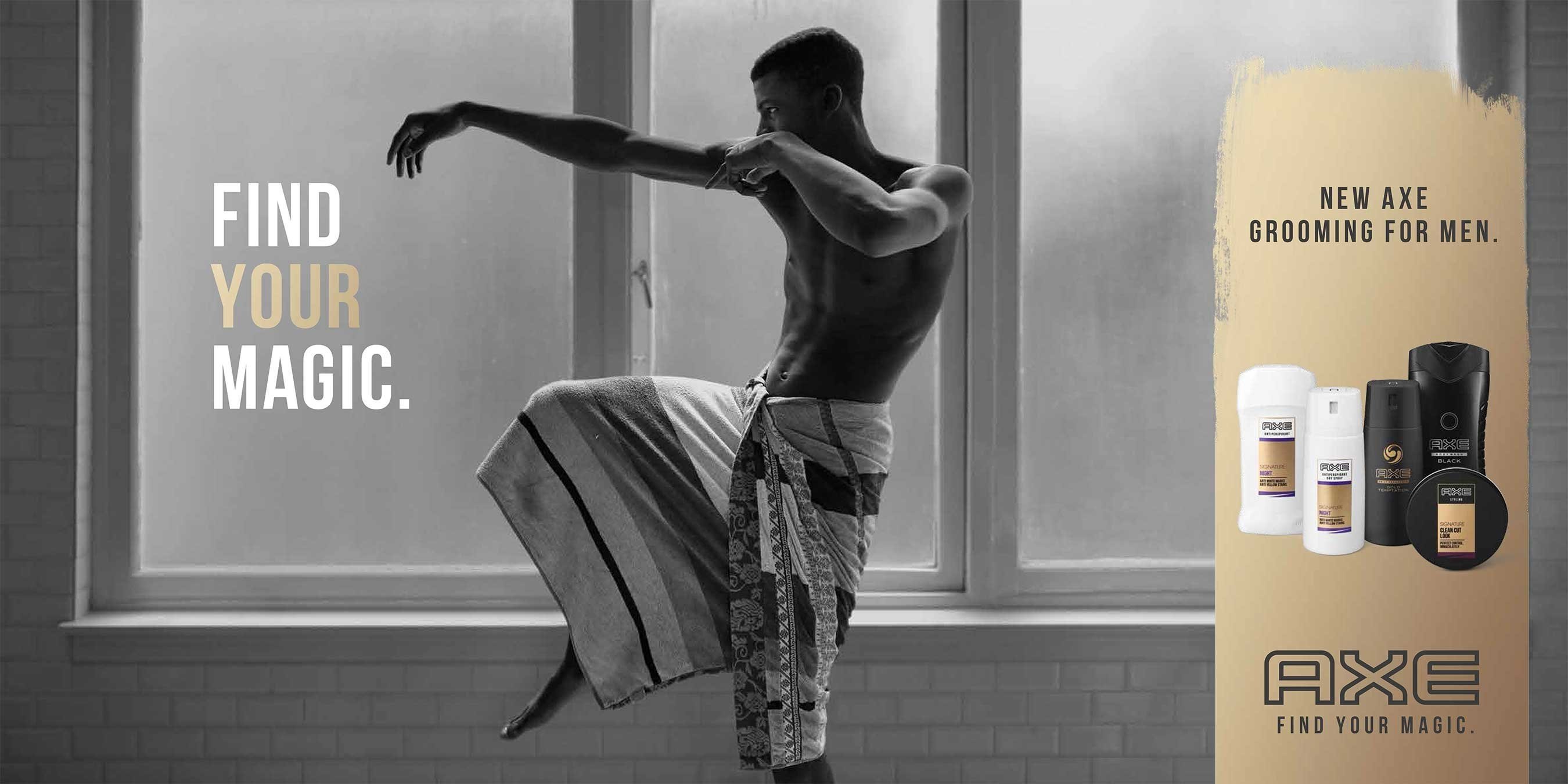Advertisement is used to promote products to the public. It has a significant impact on shaping social and cultural norms, behavior, and vice versa. But the language of advertising is full of stereotypes and cliches. It perpetuates outdated ideas about what is appropriate for men and women.
In recent years, there has been some progress in the representation of gender in advertising. Such as not showing women as weaker personalities rather than putting them in leading characters. However, there are still many problems with the way that gender is portrayed in ads. Women are often portrayed in these progressed ads as being responsible for taking care of the home, even when they also have a job. Beauty products make them all-rounder within a day. The idea that a woman has to be an “all-rounder” is problematic because it perpetuates the idea that women have to do everything in order to be successful. This is not only unrealistic, but it also puts unnecessary pressure on women. Instead of promoting the idea that a woman can have a successful career and a happy family life, advertisements should focus on the individual’s strengths and weaknesses. This also perpetuates the idea that women’s primary role is to be homemakers, and that men are not capable of taking care of the home. Then again, the media’s portrayal of working women as young, beautiful, and sexually attractive can be problematic for people’s self-concepts. These stereotypes can influence people’s beliefs about masculinity and femininity.
Furthermore, some male deodorant advertisement uses the sexual anxiety of men. It seems to sell confidence to the man rather than prevent body odor. In this advertising, AXE uses the sexual anxiety of men as a marketing strategy. Their market strategy is creating the sexual appeal of men. Their target customer is young aged men. They focus on gender and their sexual luck with women. This deodorant has a good smell but is trying to create a phenomenon that men will easily get women if they use Axe. Men become irresistible as chocolate. Women chose chocolate over everything. This exaggeration would never happen in the real world. But a sexual appeal has a significant impact on its consumer. In 2009 a man sued the parent company of Axe for not getting women in the name of “depression and psychological damage’’. He said in his court petition that “The company cheated me because, in its ads, it says women will be attracted to you if you use Axe. I used it for seven years but no girl came to me.” In this subcontinent, sex is forbidden before marriage and considered a sin. So they use this to grab the attraction of teens and young age people. Due to cultural practice, sexual appeal varies from gender to gender. Women might not find something sexually attractive which, men think. As a result, it might end up in sexual frustration like in the mentioned case.
Further, the major problem of this ad is men stereotypes as always desiring sex and women are sexual objects. However, not everyone buys these stereotypes of advertisement, still, these advertisements affect how people are treated and how they are treating others. Then again my observation of this ad is this is not only selling the confidence of men but is also portraying women as sex slaves. In addition, women can easily fall for men by their handsome appearance. As if women do not have their own sagacity. Using sexual appeal in the ad is increasing day by day. This seems good in the sense of breaking the taboo against sex but the way they portray gender is dismal for both men and women.
